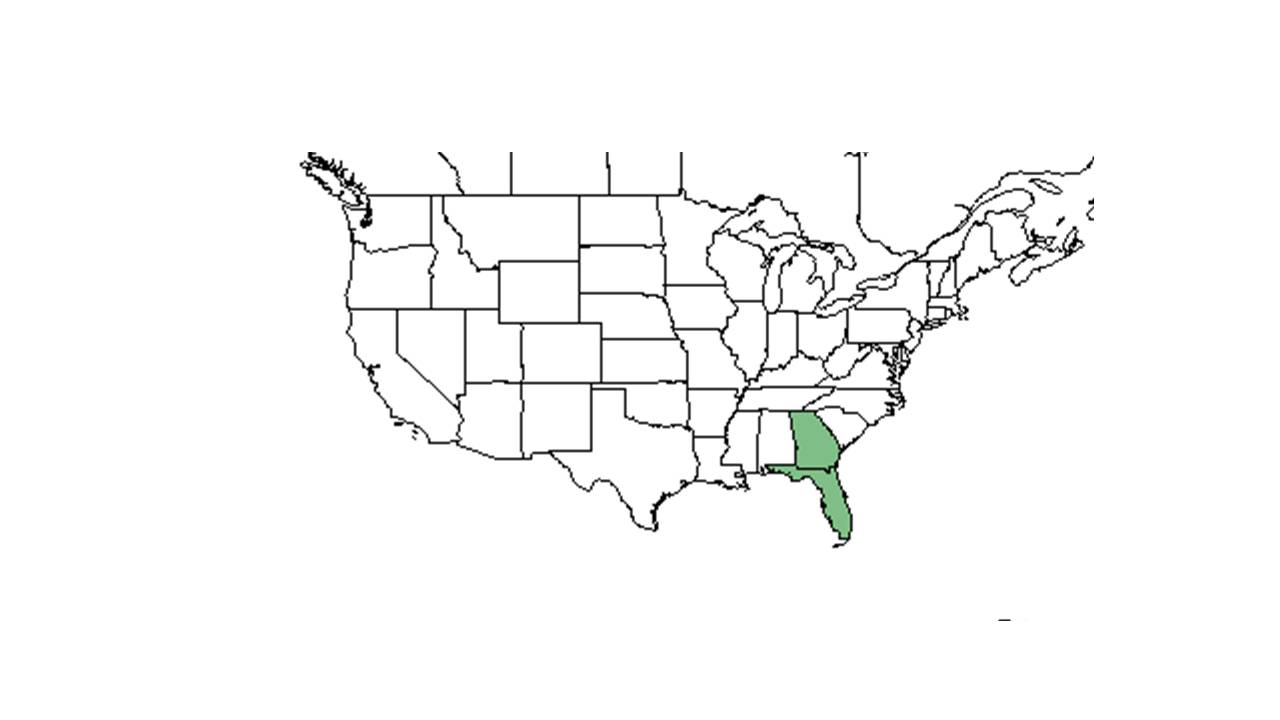Difference between revisions of "Ageratina jucunda"
| Line 30: | Line 30: | ||
===Seed bank and germination=== | ===Seed bank and germination=== | ||
===Fire ecology=== <!--Fire tolerance, fire dependence, adaptive fire responses--> | ===Fire ecology=== <!--Fire tolerance, fire dependence, adaptive fire responses--> | ||
| + | Long-term fire management important for survival. <ref name="Natureserve"/> | ||
===Pollination=== | ===Pollination=== | ||
===Use by animals=== <!--Herbivory, granivory, insect hosting, etc.--> | ===Use by animals=== <!--Herbivory, granivory, insect hosting, etc.--> | ||
| + | Stephanie Sanchez observed a Malachite butterfly feeding on a snakeroot flower.<ref>http://butterflies.heuristron.net/plants/ageratinaJucunda.html, accessed 15 May 2015). </ref> | ||
===Diseases and parasites=== | ===Diseases and parasites=== | ||
==Conservation and Management== | ==Conservation and Management== | ||
Revision as of 08:52, 10 June 2015
| Ageratina jucunda | |
|---|---|

| |
| Scientific classification | |
| Kingdom: | Plantae |
| Division: | Magnoliophyta - Flowering plants |
| Class: | Magnoliopsida - Dicotyledons |
| Order: | Asterales |
| Family: | Asteraceae ⁄ Compositae |
| Genus: | Ageratina |
| Species: | A. jucunda |
| Binomial name | |
| Ageratina jucunda (Greene) Clewell & Woot. | |

| |
| Natural range of Ageratina jucunda from USDA NRCS Plants Database. | |
Contents
Description
Distribution
Ageratina jucunda is endemic to the southeastern United States, only known to occur in Florida and a few counties in Georgia. [1]
Ecology
Habitat
Sand pine scrub, longleafpine-turkey oak sand ridges, pine-palmetto, live-oak woods, hammocks, dunes, roadsides, old fields, stream banks, dry flatwoods.[2] It is xeric to dry-mesic habitats, including sand pine scrub, longleaf pine-turkey oak. It can also occur along roadsides, in abandoned fields where such habitats used to occur.
Phenology
Seed dispersal
Seed bank and germination
Fire ecology
Long-term fire management important for survival. [1]
Pollination
Use by animals
Stephanie Sanchez observed a Malachite butterfly feeding on a snakeroot flower.[3]
Diseases and parasites
Conservation and Management
Cultivation and restoration
References and notes
Photo Gallery
- ↑ 1.0 1.1 Natureserve http://www.natureserve.org/, accessed 15 May 2015.
- ↑ Flora of North America http://floranorthamerica.org/, accessed 15 May 2015.
- ↑ http://butterflies.heuristron.net/plants/ageratinaJucunda.html, accessed 15 May 2015).